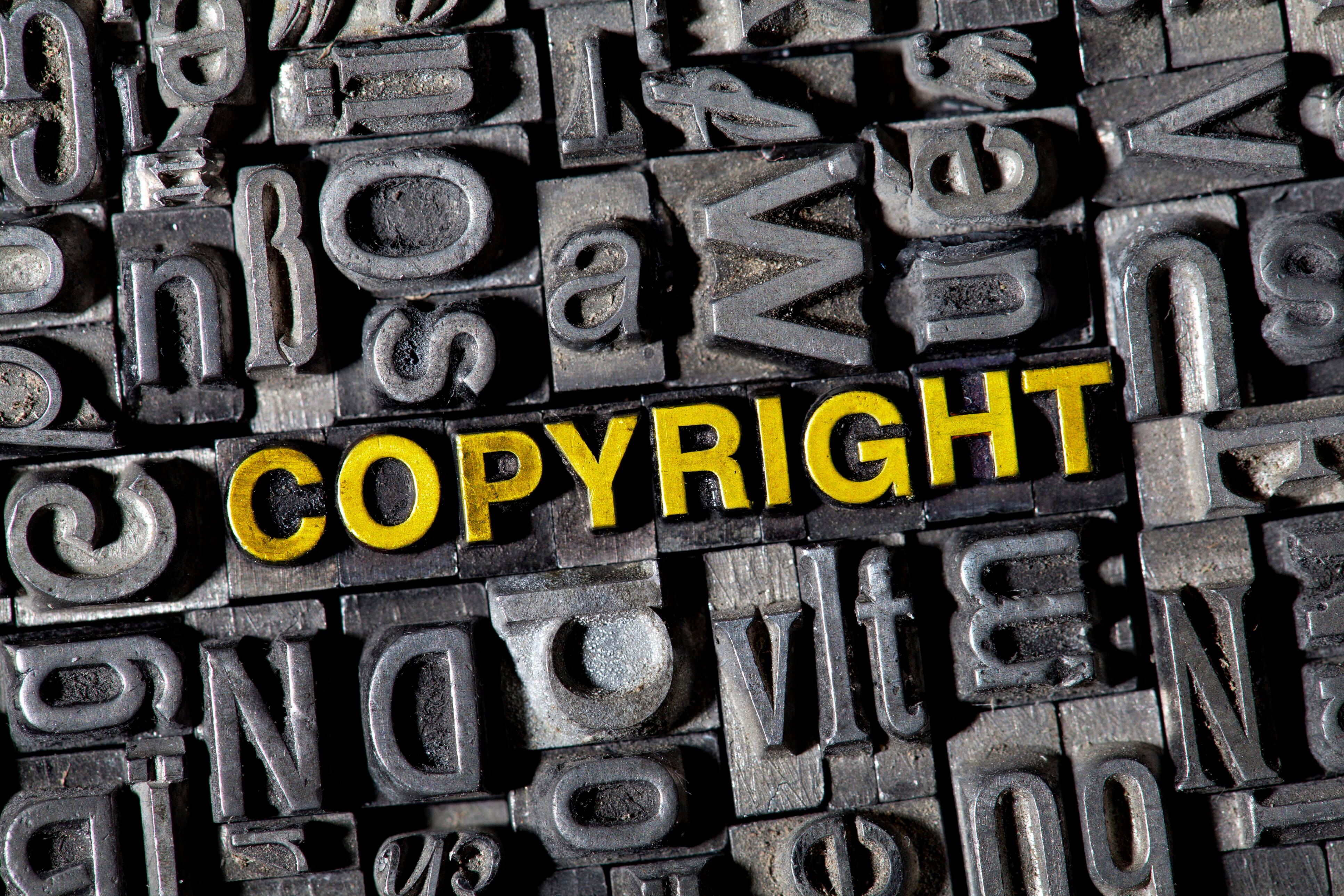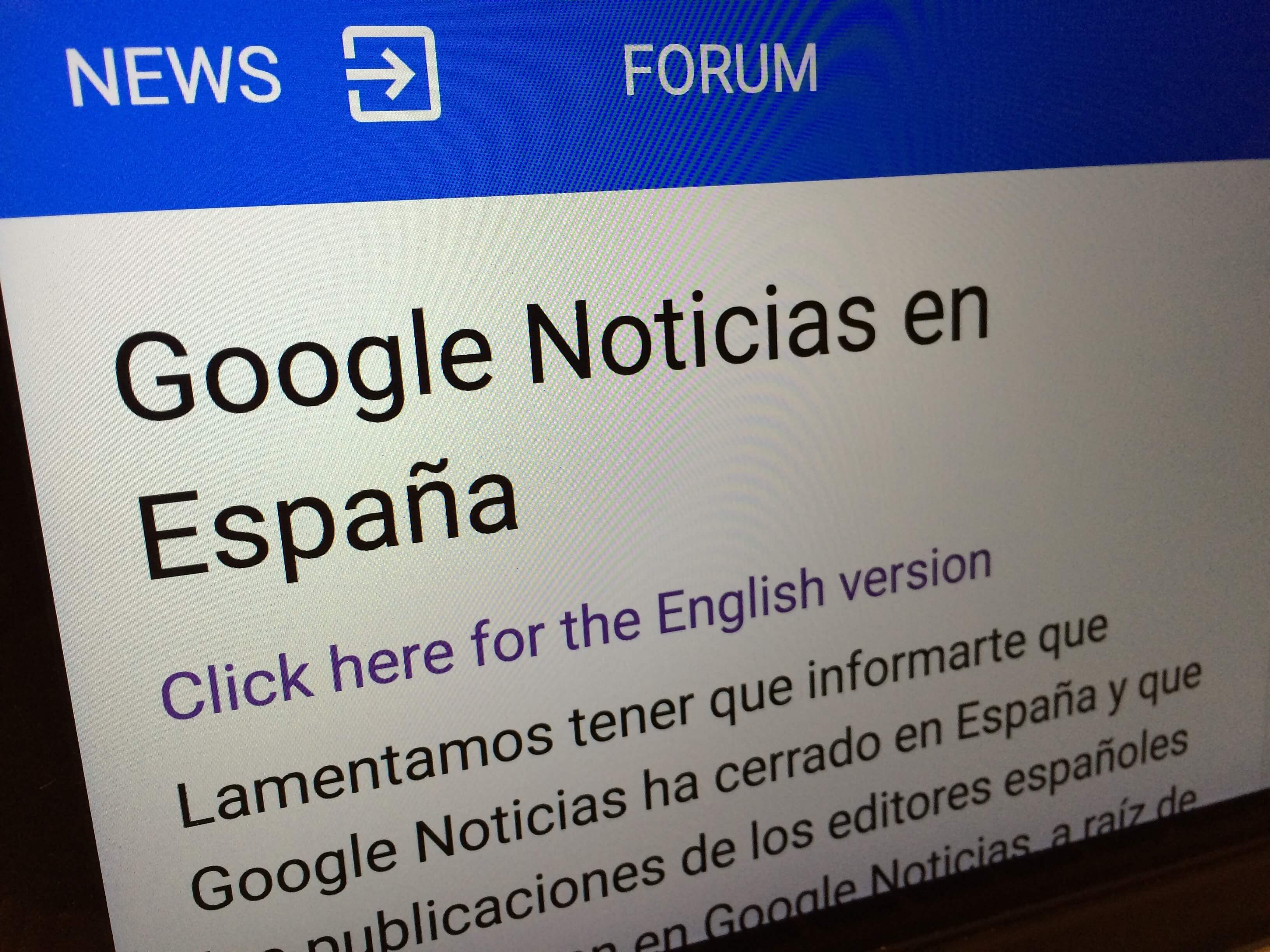
A majority of copyright laws in effect today were written before Internet access was widespread and a necessity for everyday life. The European Parliament passed a slightly more modern action called the European Copyright Directive in 2001. Considering the vast changes and capabilities for sharing works, there is an on going push to update the law.
Admittedly, there is no single system that all parties are going to agree on. However, there is one section of a new proposal by German member of the European Parliament Axel Voss that should be extremely concerning to all that value an open internet. Part of the proposal includes language that would implement a "link tax" that requires a fee be paid by websites to publishers so that quotes can be used and attributed.
The link tax would be mandatory and publishers would be required to collect the fee from all sites using their work. As an inalienable right, there would be no option to waive the fee for non-profit organizations, small businesses, personal blogs, or other groups that may not have a lot of money to spend on quoting recognized news sources.

Spain has already passed a similar link tax. Google News was the largest casualty of the legislation. Instead of opting to pay millions of dollars for displaying snippets from websites, Google simply shut down its Spanish news search business.
Another article introduces a mandate that would require internet services to monitor user uploaded content for potentially illegal works. This section is mainly targeted towards video and photo sharing websites, but is not limited in scope. Platforms such as Github or Wikipedia would also be required to check every single user-made change to their sites under the proposal.
The Electronic Frontier Foundation and Mozilla are both advocating against the link tax and uploaded content filtering sections of the European Copyright Directive revision. Mozilla has gone as far as writing a prepared script and provides a way to call members of the European Parliament.